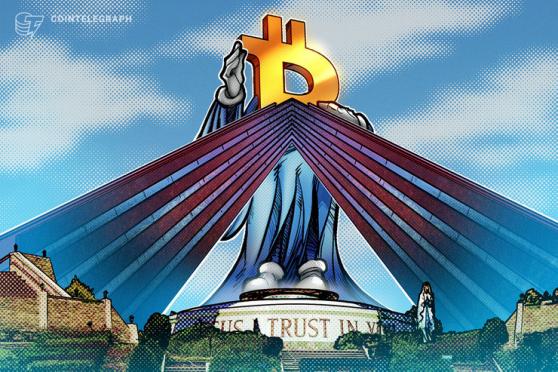“In the past, El Salvador struggled with trust in its monetary policy, so in 2001, it ‘dollarized’ its economy and effectively gave control of its monetary system to the U.S. Federal Reserve. It saw the U.S. dollar as a more stable, trustworthy currency than its own.
Since the 2008 global financial crisis, the U.S. has been pursuing a very experimental form of monetary policy involving tools like quantitative easing and a central bank that now directly monetizes, or purchases, government-issued debt to keep interest rates low. This is a playbook that is dictated by short-term needs and is driving down the value of the dollar. For a country like El Salvador, the adoption of Bitcoin as a legal tender is a hedge that Bitcoin will retain its value over the long term versus the dollar that has seen unprecedented levels of loss in buying power.
Continue Reading on Coin Telegraph
